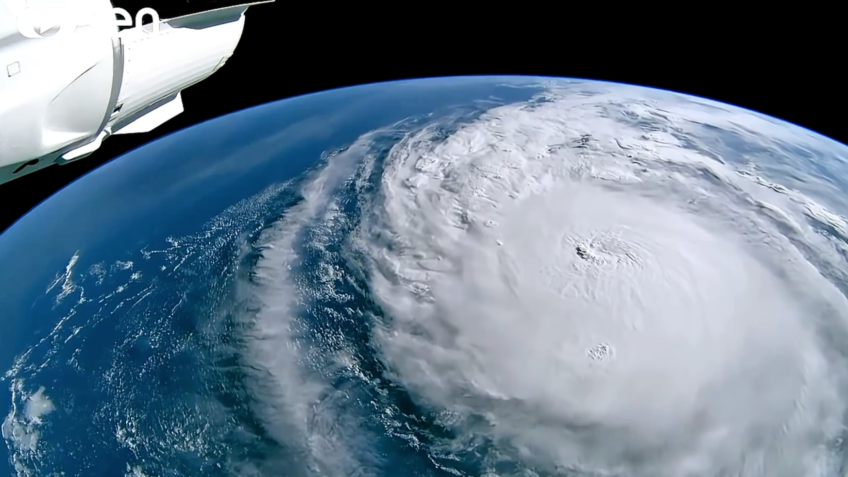
Published 10/09/2024 18:00
Late this Wednesday night (9), Hurricane Milton will arrive on the coast of Florida, in the United States. The strong winds and rain that predict the path the hurricane will take from the ocean have already reached the continent. The situation, monitored for weeks by authorities, caused evacuation orders to be issued in more than a dozen counties in the US state.
The alerts put the entire Tampa Bay region at risk, as it is not possible to determine the exact path that the hurricane will take.
A total population of 5.9 million people was warned to take precautions. It is estimated that more than 30 thousand people are in shelters, mainly those living close to the coast. The warnings provoked a real exodus fleeing the region.
According to President Joe Biden, Hurricane Milton could be the worst to hit Florida in more than 100 years.
Read more: “We need to choose managers who consider the urgency of the climate issue”
The situation is especially tragic, as Hurricane Helene caused damage in the state two weeks ago. Helene was classified as category 4, while Milton is category 5. Until then, Helene has been the deadliest climate event, with more than 234 victims, since Katrina in 2005.
However, Milton, due to its magnitude and winds that can reach 215 km/h, could be even more fatal depending on the evacuation of the population and the path the hurricane takes.
Changes in the climate
This hurricane season has been analyzed based on climate change. Even though the region has events of this type, their recurrence in such a short period of time and the increase in intensity has raised the suspicion that climate change is also contributing to this.
According to scientists gathered in the WWA (World Weather Attribution) group, Hurricane Helene had rains and winds that were up to 10% more intense due to climate change. As they point out, even though the percentage seems low, it increases the damage caused by the event, with the burning of fossil fuels making hurricanes like Helene around 2.5 times more likely, which means going beyond an occurrence scale of 130 years to every 53 years, on average.
Source: vermelho.org.br

